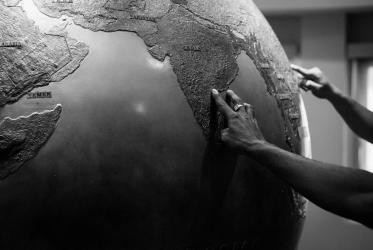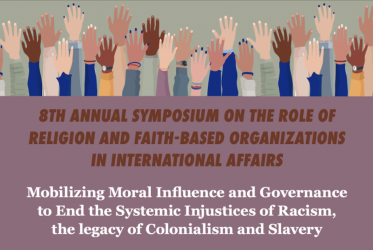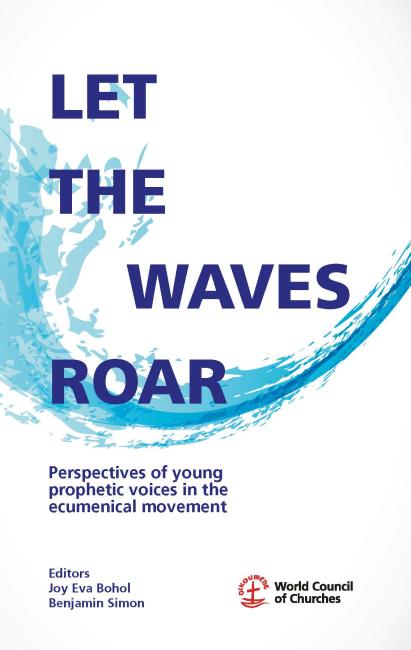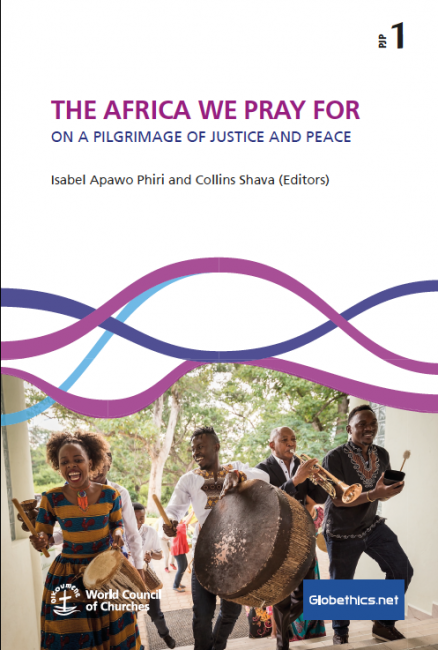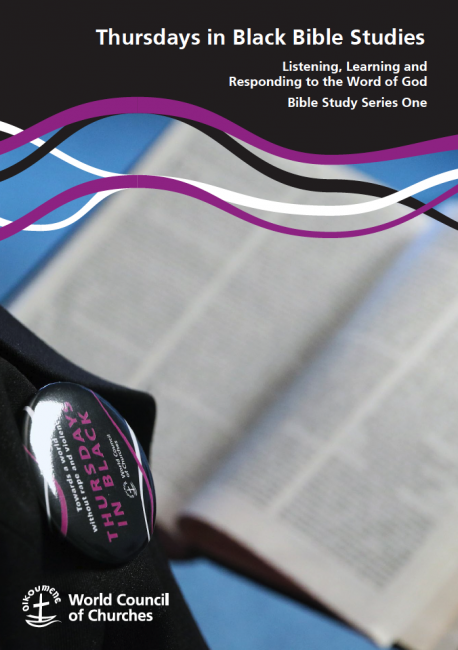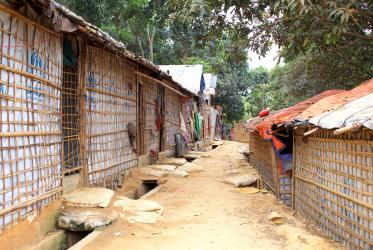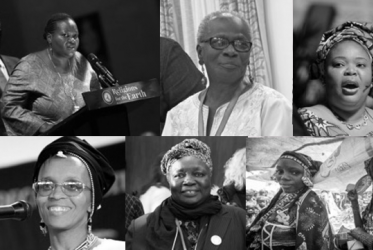Displaying 41 - 60 of 93
The Journey of the WCC from Busan to Karlsruhe (Unillustrated)
28 February 2022
Let the Waves Roar
Perspectives of Young Prophetic Voices in the Ecumenical Movement
19 December 2021
Thursdays in Black Bible Studies Series 1
Listening, Learning and Responding to the Word of God
21 October 2021
How racism and colonialism are exacerbating impacts of climate change
29 September 2021
Love and Witness
Proclaiming the Peace of the Lord Jesus Christ in a Religiously Plural World
18 January 2021
Rethinking Ecological Relationships in the Anthropocene era
11 - 13 February 2021
“From faith to action” conference will explore ways to protect children’s rights affected by migration
10 - 11 December 2020
Online

